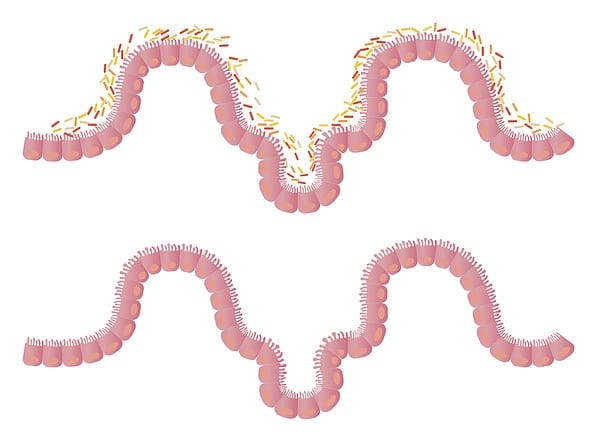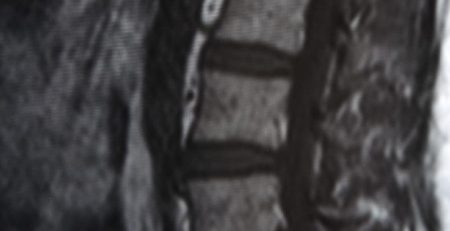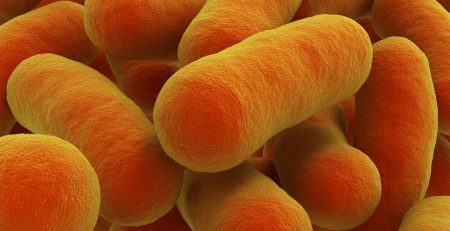Gut Health Found to Impact Social Brain Development
According to new research led by Dr. Katerina Johnson of the University of Oxford mice raised without a gut microbiome, or given antibiotics when young, “have been observed to be less likely to interact with other mice and show cognitive deficits,” because three important signaling pathways in the mice’s frontal cortexes – the oxytocin, vasopressin, and opioid systems – were affected, IFLScience.com reports.
While at first the social development of mice may not seem important, the frontal cortex controls much of mammalian social interactions, as well as mood and personality – meaning that if we are doing something similar to our offspring there may be cause for concern.
“Babies exposed to antibiotics in the first year of life have been shown to have an increased risk of depression and behavioral difficulties in childhood,” Johnson told IFLScience. “We don’t know if that is the antibiotics or the infection [the antibiotics were given for], but the antifungals don’t seem to have the same effect.”
But what does the gut have to do with the brain? According to Johnson, the vagus nerve, which connects the gut to the brain, is considered a key player, but scientists also suspect an immune response.
Johnson wants to stress, however, that this doesn’t mean parents should refrain from giving their children antibiotics. She notes that she gave the mice in this experiment large doses of broad-spectrum antibiotics for 5 weeks, which is a significant part of the rodent’s lifespan, and a significantly different type of antibiotic regimen than what “a child would get for an ear infection.”














